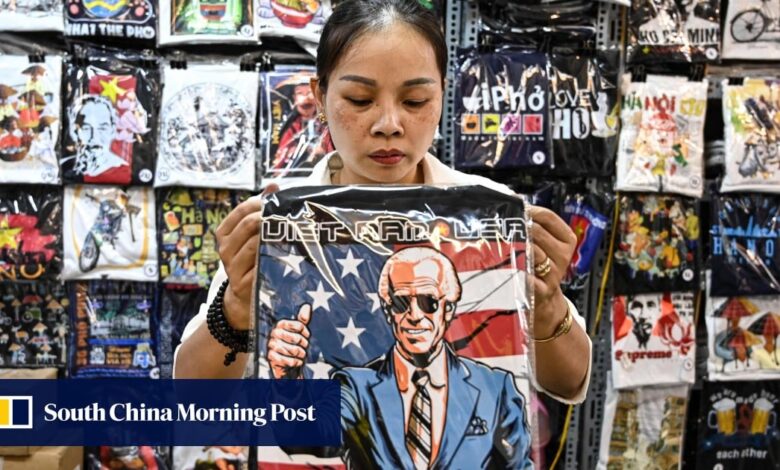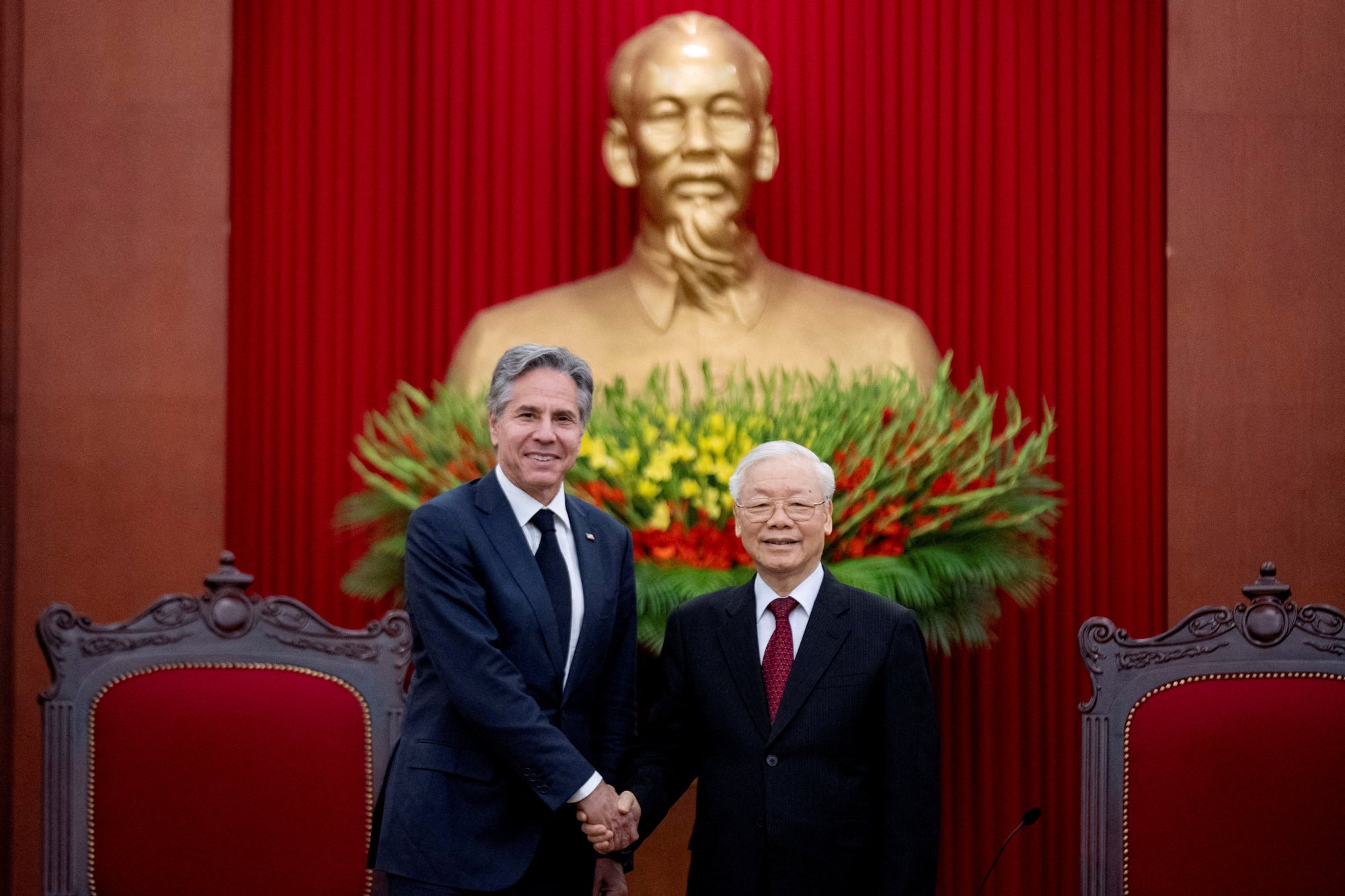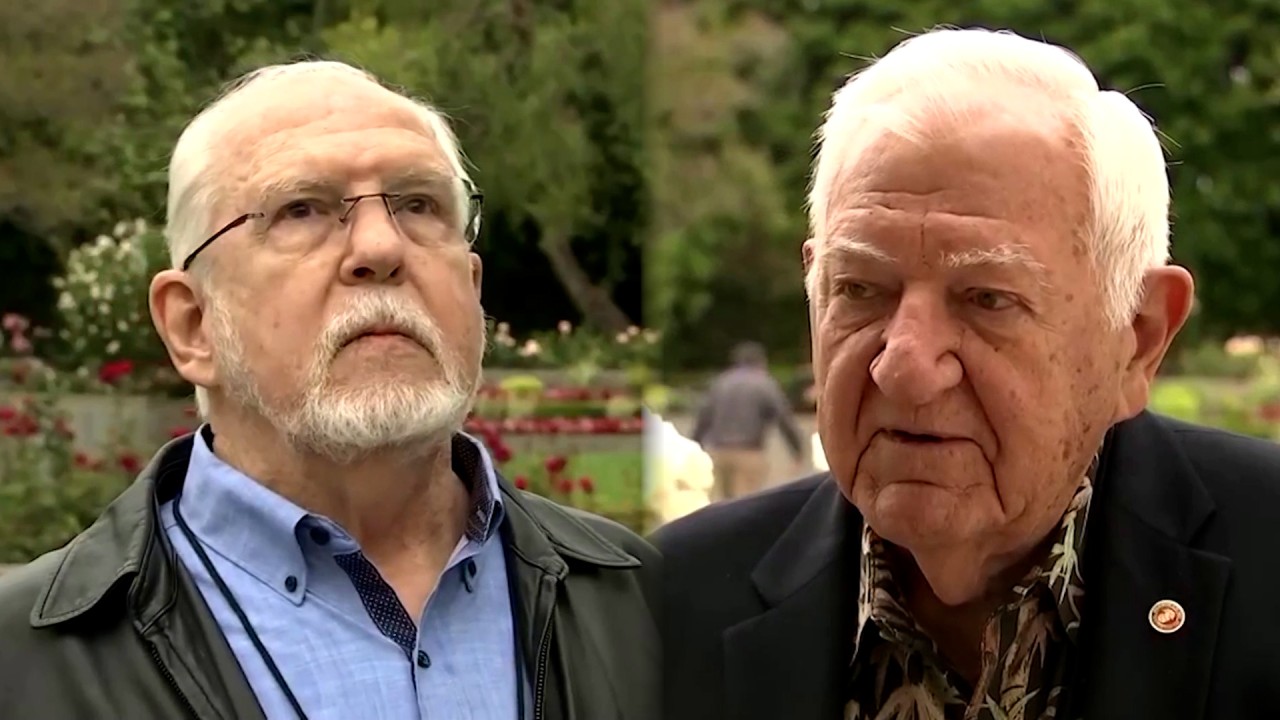US, Vietnam seek comprehensive strategic partnership amid China’s clout, polarised world

[ad_1]
But while experts in both countries see potential for even greater cooperation once the new status is made official, they caution that the bilateral relationship would still have its limits.
South China Sea: could Philippines and Vietnam bond over assertive Beijing?
South China Sea: could Philippines and Vietnam bond over assertive Beijing?
“The upgrade by the two signatories will bring great benefits to the two countries in many fields,” said Le Dang Doanh, a retired senior economic adviser to five prime ministers, citing trade and defence cooperation as areas he hoped to see strengthened in the US-Vietnamese bilateral relationship.
But Doanh was quick to point out that Hanoi also has a comprehensive strategic partnership with Beijing, which is widely considered Vietnam’s primary geopolitical threat, as well as with Moscow.
Carl Thayer, professor emeritus at the University of New South Wales and a specialist on Vietnamese defence, said Vietnam had long tried to avoid putting a label on its relationship with the US beyond that of the “comprehensive partnership” that was signed in 2013, even as Washington lobbied for an official upgrade.
Since the beginning of Biden’s administration, a fourth of his cabinet has travelled to Vietnam across multiple visits.

“These geopolitical developments narrowed Vietnam’s ability to leverage of differences among the major powers. Vietnam’s options were not only shrinking, but its ambitious plans to become a modern industrial country with a high income were seriously threatened,” said Thayer, adding that leveraging its relationship with the US appeared to be its best option.
The resulting comprehensive strategic partnership, said Thayer, would be “definitely more than symbolic”.
“What matters is the political intent of both parties behind a joint statement indicating an elevation in relations. The intent will be revealed when senior officials later draw up a multi-year Plan of Action,” he said.
The US would be keen to help Vietnam create secure and resilient supply chains for semiconductors and other high-value electronic products, said Thayer. Simultaneously, Washington would also push for reforms in Hanoi’s regulatory environment to encourage American investment.
But Zachary Abuza, a Southeast Asian security expert at the National War College in Washington DC, cautioned against “over-reading” the geopolitical significance of the comprehensive strategic partnership.
“Symbolically, it is important. I don’t want to take away from the symbolism, but these are unilateral Vietnamese rankings; they have no real meaning beyond symbolism,” said Abuza, adding that Washington was more keen to risk upsetting Beijing than Hanoi was.
In Vietnam, ‘flexers’ have US degrees, status, wealth. Others barely sleep
In Vietnam, ‘flexers’ have US degrees, status, wealth. Others barely sleep
“I personally view it more as Vietnam’s attempt to show the world, including China, that it has an omnidirectional and independent foreign policy beholden to no country,” he said.
Still, Abuza said the new status would be an accurate reflection of the state of relations between the two countries.
“Overall, relations are really, really strong, and I simply see this as a recognition of what has already happened on the ground,” he said.
[ad_2]
Source link





